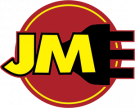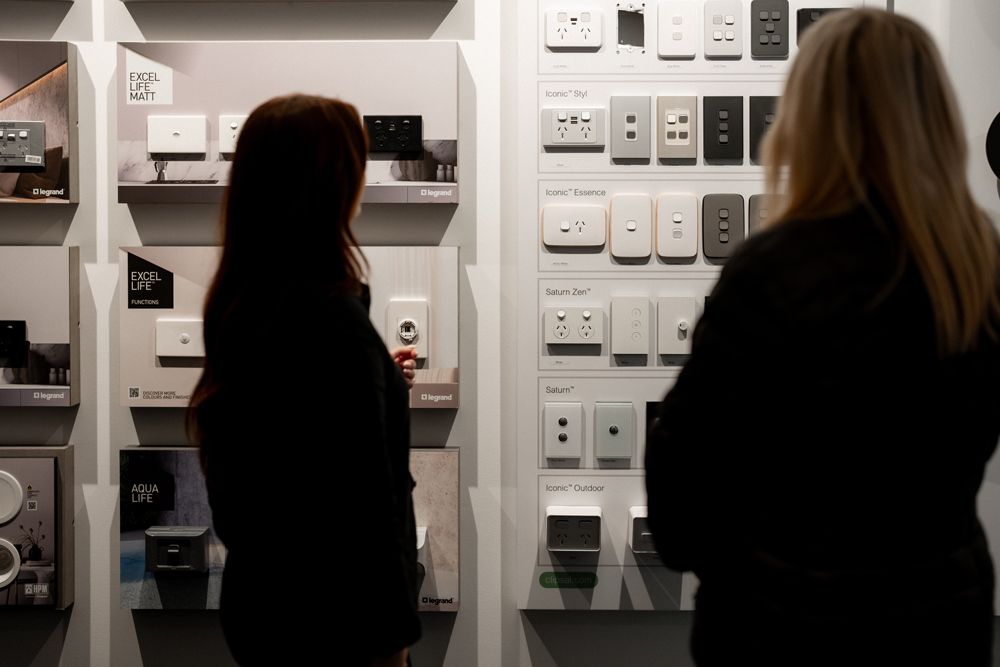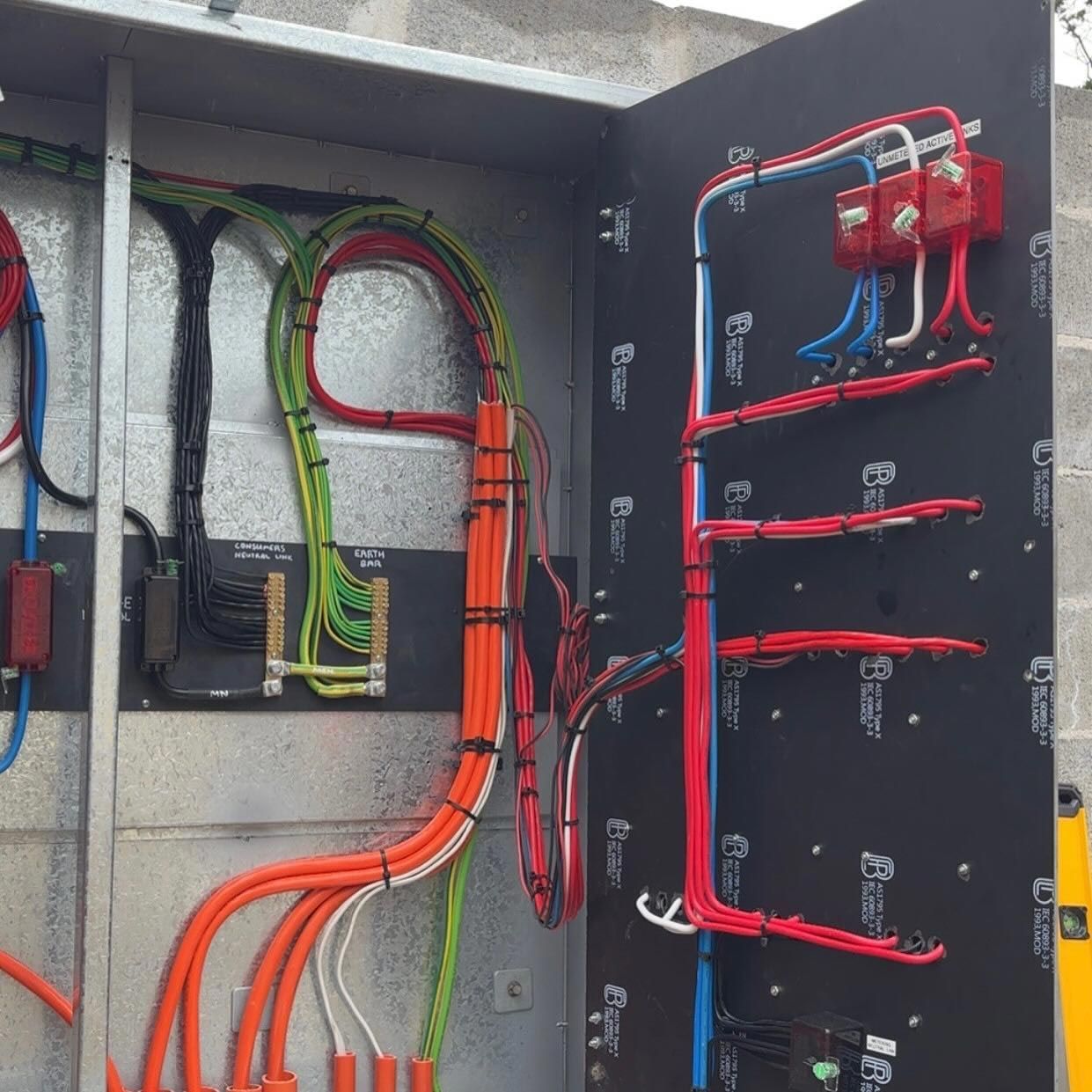Rental Property Electrical Compliance In Shellharbour: Landlord’s Guide
Owning a rental property comes with more than collecting rent—it also means meeting legal responsibilities that protect tenants and your investment. One of the most important of these responsibilities is electrical compliance.
Many landlords underestimate how vital safe, compliant electrical systems are to a rental property’s long-term value and risk management. Faulty wiring or outdated switchboards don’t just risk costly damage—they can expose owners to legal action and insurance complications.
This guide breaks down what electrical compliance really means, the standards landlords must meet, and how working with a licensed electrician in Shellharbour helps keep rental homes safe and regulation-ready.
Understanding Electrical Compliance in Rental Properties
Electrical compliance is the process of ensuring all electrical installations, wiring, fittings and appliances meet Australian Standards (AS/NZS 3000) and current NSW tenancy regulations. It’s not a one-off task—compliance is ongoing, requiring regular inspections, testing and maintenance.
When a property is leased, landlords must guarantee that all electrical systems are safe, functional and maintained in good working order. This includes lighting, power outlets, wiring, smoke alarms and switchboards.
Failing to meet these requirements can result in fines, voided insurance or worse—injury or fire caused by electrical faults.
Why Compliance Matters
Beyond legal obligations, electrical compliance protects your property, tenants and financial interests. It:
- Reduces fire & electrocution risks
- Ensures insurance coverage remains valid
- Minimises unexpected maintenance costs
- Helps properties pass building & safety inspections
- Maintains tenant confidence & satisfaction
Electrical faults are one of the most common causes of residential fires in Australia. Regular inspections and prompt upgrades not only prevent hazards but also safeguard your property from long-term damage.
Common Compliance Issues Found in Rental Properties
Even well-maintained homes can hide electrical issues that go unnoticed for years. Some of the most frequent compliance concerns include:
- Outdated switchboards that lack modern safety devices like RCDs (Residual Current Devices) & circuit breakers
- Aging or deteriorated wiring, often found in properties built before the 1980s
- Overloaded circuits, especially where additional appliances or air conditioning have been added without wiring upgrades
- Missing or non-compliant smoke alarms, which must be connected to a compliant power source or contain long-life batteries
- DIY electrical work, which is illegal unless performed by a licensed electrician
Having these systems professionally inspected ensures compliance and reduces liability for landlords and property managers.
The Legal Responsibilities of Landlords
Under NSW tenancy law, landlords are legally required to provide and maintain rental properties in a safe condition. This includes ensuring all electrical installations are compliant before a tenancy begins and throughout its duration.
Key obligations include:
- Safe & compliant electrical wiring: All fixed wiring, outlets and light fittings must meet Australian safety standards.
- Functioning safety switches: RCDs must be installed on all circuits to prevent electric shock.
- Smoke alarms: Must be installed and operational in accordance with the NSW Residential Tenancies Regulation.
- Repairs & maintenance: Landlords must promptly repair electrical faults or damaged wiring reported by tenants.
- Licensed work only: All electrical work must be performed by a licensed electrician with the correct certifications.
These standards protect both landlords and tenants, ensuring that all parties meet their legal obligations and maintain a safe living environment.
When to Schedule an Electrical Compliance Inspection
There are several key times when landlords should book a professional inspection:
- Before leasing a new property: Confirm all electrical systems are compliant before tenants move in.
- Between tenancies: Use vacant periods to complete upgrades or rewiring safely.
- After renovations or additions: Ensure new circuits and wiring meet code requirements.
- Every two to five years: Depending on property age and usage, routine inspections help detect early wear or damage.
- After storm damage or power faults: Heavy weather or surges can damage circuits, requiring a post-incident safety check.
Scheduling regular inspections by a qualified electrician ensures ongoing compliance and reduces the risk of emergencies or insurance disputes.
Key Components of a Rental Electrical Compliance Check
When conducting an inspection, an electrician will typically assess:
- Switchboards & safety switches: Ensuring RCDs are fitted, functioning correctly and protecting all circuits.
- Wiring condition: Checking for fraying, damage or outdated cabling that could cause overheating or short circuits.
- Earthing & bonding: Verifying proper grounding throughout the system to prevent electric shock hazards.
- Power outlets & fittings: Testing for damage, looseness or faulty wiring connections.
- Lighting circuits: Checking load capacity, fixture safety and compatibility with modern LED systems.
- Appliance safety: Ensuring any supplied electrical equipment is tested and tagged if applicable.
- Smoke alarms & emergency lighting: Confirming compliance with installation standards and operational reliability.
At the end of the inspection, the electrician provides a compliance report detailing the property’s condition and any necessary remedial work.
When Electrical Upgrades Become Necessary
In many older properties, bringing systems up to compliance often means more than replacing fittings. Common upgrade recommendations include:
- New electrical wiring to replace outdated or damaged cabling
- Switchboard replacements with modern safety devices & RCDs
- Circuit upgrades to handle additional load from air conditioners, electric vehicles or kitchen appliances
- Installation of surge protection devices to prevent power damage
- Lighting upgrades to efficient, compliant LED systems
- Dedicated circuits for smoke alarms & essential appliances
While upgrades involve upfront costs, they’re an investment in safety, reliability and the property’s long-term value.
The Cost of Non-Compliance
Neglecting electrical compliance isn’t just a safety risk—it can be financially damaging. Potential consequences include:
- Fines & penalties under NSW tenancy & safety regulations
- Invalidated landlord insurance if electrical issues cause property damage
- Legal liability for tenant injuries or fires linked to faulty systems
- Higher maintenance costs due to reactive rather than preventative repairs
Staying ahead of compliance protects landlords from unexpected expenses and ensures smoother property management over time.
Partnering with a Licensed Electrician
A licensed electrician plays a vital role in maintaining compliance and tenant safety. Beyond routine repairs, they can:
- Conduct detailed compliance audits & safety reports
- Provide expert advice on required or recommended upgrades
- Install & certify RCDs, smoke alarms & modern wiring systems
- Perform all electrical services in accordance with NSW regulations & Australian Standards
Engaging a qualified professional ensures peace of mind—knowing your property meets every requirement and that tenants live in a safe environment.
Practical Tips for Landlords
To stay on top of compliance and avoid last-minute issues:
- Keep records of all electrical inspections, reports & upgrades
- Schedule routine maintenance before leases renew
- Encourage tenants to report flickering lights, tripped switches or outlet issues immediately
- Avoid DIY electrical work—always use a licensed contractor
- Reassess your property’s electrical systems every few years, even if everything seems fine
A proactive approach helps you maintain compliance with minimal disruption and cost.
Final Thoughts
Electrical compliance is one of the most important aspects of responsible property management. It’s not just about meeting legal requirements—it’s about protecting lives, investments and long-term property performance.
By staying informed, conducting regular inspections and upgrading where necessary, landlords can maintain safe, compliant and reliable rental properties.
Call to Action
For expert advice and certified electrical services in Shellharbour, contact John McEwan Electrical. Our licensed team helps landlords and property investors meet every compliance requirement with confidence—covering inspections, safety upgrades and complete electrical maintenance solutions tailored to your property.








